
Filter News
Area of Research
News Type
News Topics
- (-) Artificial Intelligence (77)
- (-) Bioenergy (68)
- (-) Composites (11)
- (-) Energy Storage (32)
- (-) Frontier (44)
- (-) Mercury (7)
- (-) Molten Salt (2)
- (-) Physics (34)
- (-) Quantum Science (48)
- (-) Transportation (30)
- 3-D Printing/Advanced Manufacturing (56)
- Advanced Reactors (12)
- Big Data (45)
- Biology (80)
- Biomedical (42)
- Biotechnology (25)
- Buildings (30)
- Chemical Sciences (35)
- Clean Water (16)
- Computer Science (111)
- Coronavirus (19)
- Critical Materials (5)
- Cybersecurity (14)
- Education (2)
- Emergency (3)
- Environment (116)
- Exascale Computing (51)
- Fossil Energy (6)
- Fusion (38)
- Grid (32)
- High-Performance Computing (81)
- Hydropower (6)
- Isotopes (33)
- ITER (4)
- Machine Learning (37)
- Materials (51)
- Materials Science (55)
- Mathematics (8)
- Microelectronics (3)
- Microscopy (23)
- Nanotechnology (17)
- National Security (60)
- Neutron Science (82)
- Nuclear Energy (66)
- Partnerships (36)
- Polymers (9)
- Quantum Computing (35)
- Security (16)
- Simulation (42)
- Software (1)
- Space Exploration (13)
- Statistics (2)
- Summit (40)
Media Contacts

A study led by researchers at ORNL could help make materials design as customizable as point-and-click.

Tackling the climate crisis and achieving an equitable clean energy future are among the biggest challenges of our time.
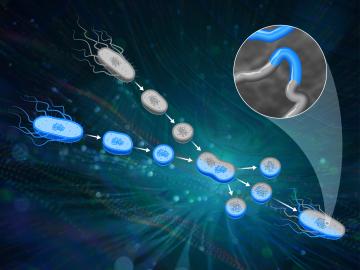
ORNL scientists had a problem mapping the genomes of bacteria to better understand the origins of their physical traits and improve their function for bioenergy production.
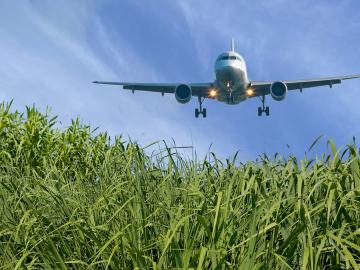
The rapid pace of global climate change has added urgency to developing technologies that reduce the carbon footprint of transportation technologies, especially in sectors that are difficult to electrify.
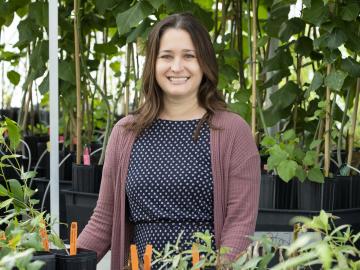
The Center for Bioenergy Innovation at ORNL offers a unique opportunity for early career scientists to conduct groundbreaking research while learning what it takes to manage a large collaborative science center.
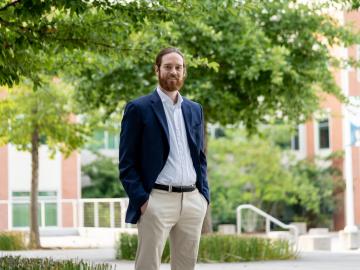
Bryan Piatkowski, a Liane Russell Distinguished Fellow in the Biosciences Division at ORNL, is exploring the genetic pathways for traits such as stress tolerance in several plant species important for carbon sequestration
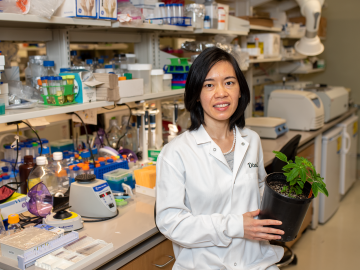
A team of researchers working within the Center for Bioenergy Innovation at ORNL has discovered a pathway to encourage a type of lignin formation in plants that could make the processing of crops grown for products such as sustainable jet fuels easier and less costly.

Spanning no less than three disciplines, Marie Kurz’s title — hydrogeochemist — already gives you a sense of the collaborative, interdisciplinary nature of her research at ORNL.

A rapidly emerging consensus in the scientific community predicts the future will be defined by humanity’s ability to exploit the laws of quantum mechanics.

A team of scientists led by the Department of Energy’s Oak Ridge National Laboratory and the Georgia Institute of Technology is using supercomputing and revolutionary deep learning tools to predict the structures and roles of thousands of proteins with unknown functions.


